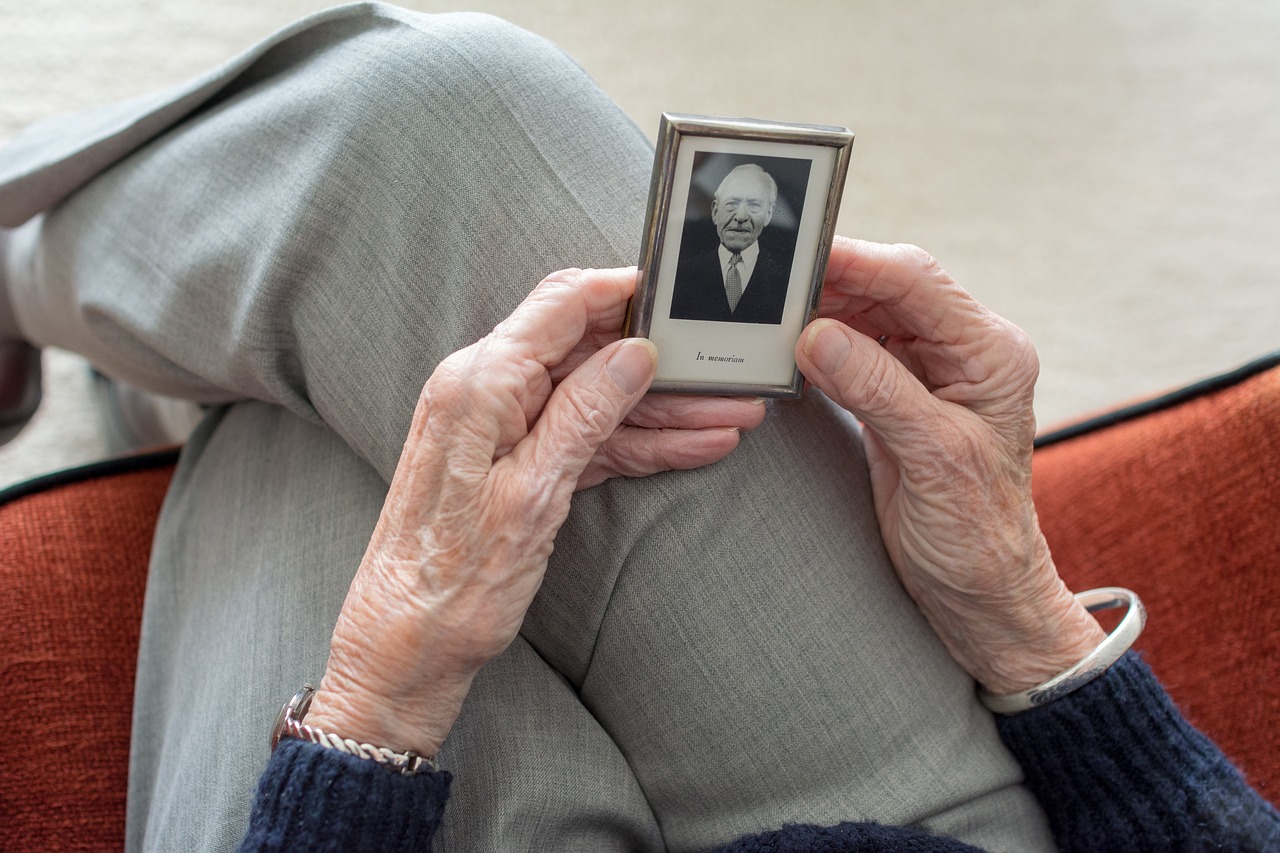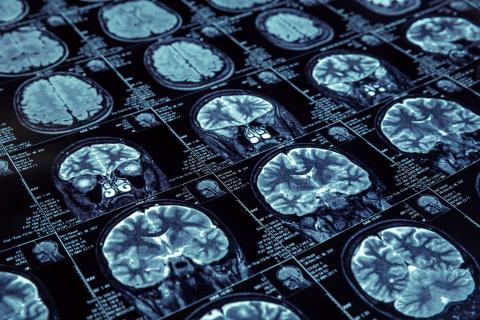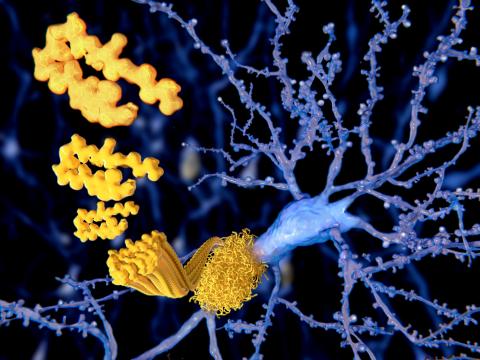Reactions: Alzheimer's drug donanemab shows positive results in phase III trial, says drugmaker Eli Lilly
A press release from Eli Lilly claims that its antibody treatment, donanemab, significantly slowed cognitive and functional decline in a phase 3 study of early-stage Alzheimer's disease. The results have not yet been published in a scientific journal.

Tara Spires - alzhéimer EN
Tara Spires-Jones
Director of the Centre for Discovery Brain Sciences at the University of Edinburgh, Group Leader in the UK Dementia Research Institute, and Past President of the British Neuroscience Association
This press release from Eli Lilly and Company sounds very promising. While the full data have not been shared with the scientific community, meaning we can’t yet judge how robust they are, the company reports that their drug donanemab slowed decline in people with early Alzheimer’s disease. The effects are very similar to other recently reported trials of drugs that act on the same target, showing remarkable consistency in the ability to slow cognitive decline in early Alzheimer’s disease by around 30-35% with drugs that lower amyloid levels. It is important to note that there were rare serious side effects of the treatment with brain swelling and small strokes that seem to have contributed to the death of 3 of the participants in the trial. Regulators will have to decide whether the benefits of treatment outweigh these risks.
This positive result and the two recent similar successful trials are very welcome good news after decades of clinical trial failures. This is an excellent example of how fundamental neuroscience research into the brain changes that cause Alzheimer’s can be translated into effective treatments.
Jina Swartz - alzhéimer EN
Jina Swartz
Chief Medical Officer at Exciva
These results look very impressive, although the side effect profile in terms of high incidence of ARIA remains concerning (to me, both as a Neurologist clinician and a drug developer).
Certainly, Lilly's Alzheimer's disease Donanemab TRAILBLAZER programmes, which take into account tau levels and the extent of tau dissemination in the cortex, are the best and most well thought out in the field. We have all been waiting for these results with anticipation. Certainly, it looks like the landscape for treating AD (with these amyloid monoclonal antibody amyloid-targeting therapies, including Eisai's lecanumab) is on the cusp of changing clinical practice in this field. However, these therapies will not prevent disease progression ultimately, so ongoing work and development of symptomatic strategies to treat the neuropsychiatric disturbances of Alzheimer's disease dementia is still of the utmost importance - to allow people to live well with Alzheimer's disease dementia and maintain their quality of life and that of their family members and/ or caregivers.
In addition, it needs to be understood that these therapies are very expensive, require monthly infusions, regular MRI scans to monitor for AEs like ARIAs and the requirement to make a diagnosis of cortical amyloid (and tau) - using PET, which is prohibitively expensive. There are many parts of the world where the diagnostic and therapeutic requirements cannot be met, nor can the cost of the drugs be afforded. And even in the developed world (USA, Western Europe, parts of Asia-Pacific), patients will still require geographical access to a PET scanner and an infusion centre. So it will be interesting to see if/how this creates a significant disparity in access between the wealthy, developed nations (or even regions within a country) and those parts of the world where this cannot be afforded.
"I am a global expert in Neuroscience and Alzheimer's disease drug development, having worked in this area for over twenty years as a Neurologist and Neuroscientist. I led the Phase I development of lecanumab (then called BAN-2401) at Eisai about 15 years ago. I am currently Chief Medical Officer of a Neuroscience biotech dedicated to developing novel therapies for symptomatic treatment of neuropsychiatric disturbances in patients with Alzheimer's disease (AD) dementia. Until recently, I was Therapeutic Area Head of Neuroscience Global Clinical Development at Merck and Co (MSD, in Europe). I have held senior positions in Research and Development in Neuroscience at Takeda, Eisai and GSK. I was also previously Vice President and Therapeutic Area Head of Neurology at Signant Health (then called Bracket). I have held positions as an honorary Neurology Consultant at Imperial College London, invited lecturer on neuropsychopharmacology at Kings College London. I am an elected Fellow of the Academy of Medical Sciences. I also sit on the boards of the following Neuroscience charities: Alzheimer's Research UK, Ataxia UK, British Neuroscience Organisation (BNA) and Arts 4 Dementia. I have just been appointed to the boa rd of Parkinson's UK".



